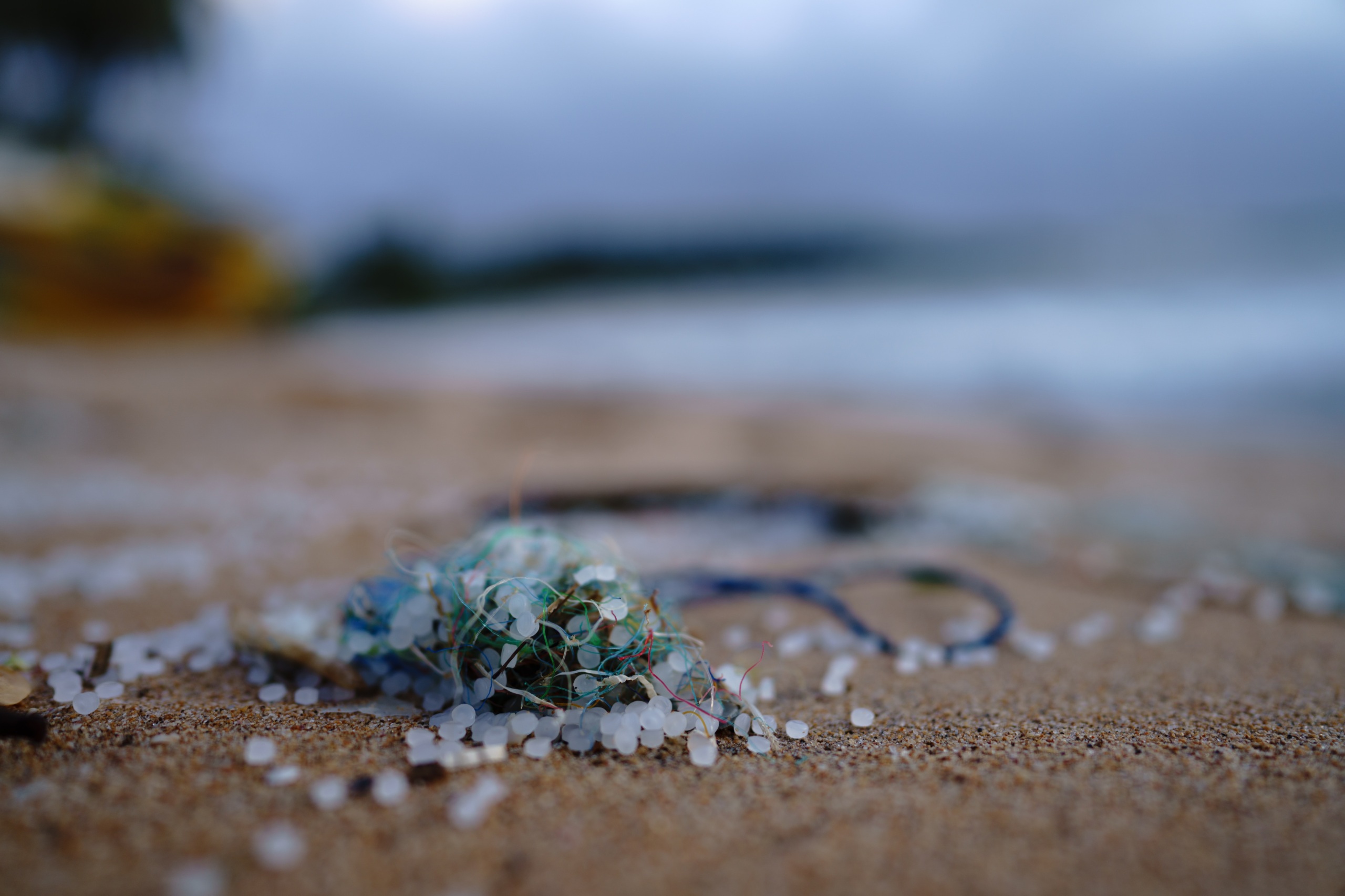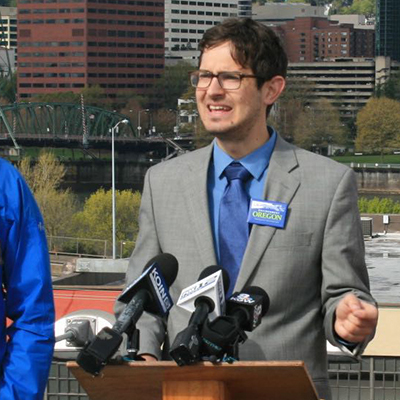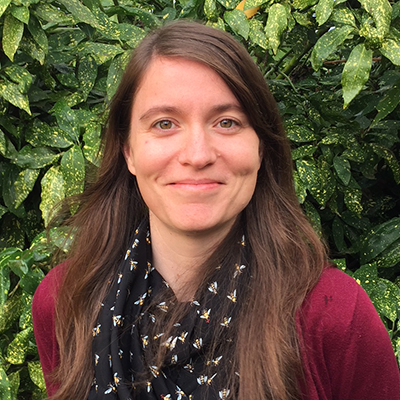
Agilyx, the “chemical recycling” facility in Tigard, is closing its doors. Here’s why that’s a good thing.
“Chemical recycling” is a term invented by the oil, gas and petrochemical industries to hide where plastic is actually going: the incinerator.
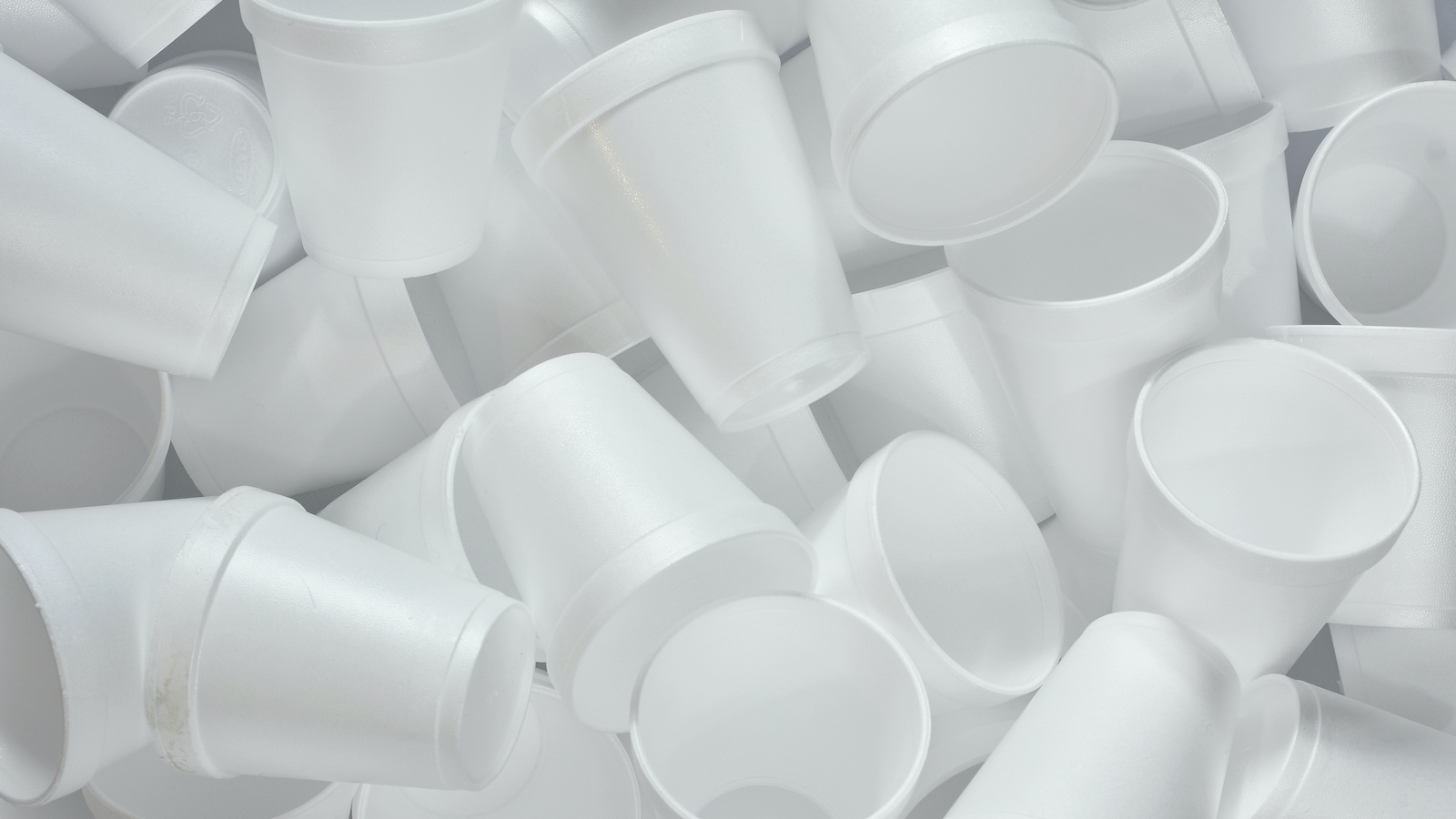
In a press release sent out on February 29, 2024, Regenyx (a joint venture better known locally as “Agilyx”) announced that it will close its Tigard, Ore., facility by April 30, 2024.
Here’s why this is good news:
Many Oregonians in the Portland area take their polystyrene waste to Agilyx thinking it will be recycled into new polystyrene products through a process called “chemical recycling.”
“Chemical recycling” – sometimes called “advanced recycling” by its proponents – is an umbrella term for a set of technologies that convert plastic waste either into fuel or raw materials for new plastics.
While it sounds like a solution to the challenges with recycling plastic, the reality is that “chemical recycling” is a term invented by the oil, gas and petrochemical industries to hide where plastic is actually going: the incinerator.
There is no evidence that the Agilyx facility in Tigard has been recycling polystyrene back into plastic products. In fact, studies done by the Global Alliance for Incineration Alternatives and Natural Resources Defense Council found that the Agilyx facility in Tigard has been turning polystyrene into toxic waste, then shipping it across the country to be burned.
Plastic burning through “chemical recycling” can release 96 different types of dangerous air pollutants as well as hazardous solid and toxic waste, including some known carcinogens. The fuel that is produced from “chemical recycling” produces even more toxins when it’s burned.
According to the NRDC report, Recycling Lies, data from the Environmental Protection Agency shows that “Agilyx generated nearly 500,000 pounds of hazardous waste in 2019 alone, sending most of it off site to be burned. This waste consisted primarily of benzene, along with other toxics such as lead, cadmium, and chromium.”
Additionally, “chemical recycling” requires massive amounts of energy. This energy may come from non-renewable sources, leading to increased greenhouse gas emissions, and even if it comes from renewable sources, is a huge waste of energy. More energy is needed to power the process than is produced by it, even if the product or by-products of the process are burned for energy, meaning that chemical recycling is not, nor is ever likely to be, self-sustaining.
As one can surmise from the closing of the Agilyx facility, “chemical recycling” is also unlikely ever to be economically viable. Its inability to be financially self-sustaining means that any large-scale rollout would likely have to rely on government subsidies that could be better used on things that provide actual societal value, including real solutions to the plastics crisis.
The bottom line: “Chemical recycling” is a false solution for plastic pollution. It is a very expensive and energy intensive way to turn one kind of pollution into another. It is one in a line of examples of the plastics industry’s proposed “solutions” that actually just further entrench us in the linear economy while doing nothing to stop the production of wasteful single-use plastics.
Environment Oregon and OSPIRG are going to continue pushing the real solution to plastic pollution: reducing the need for plastic in the first place. We’re working to win commitments from major corporations to stop using so much plastic, supporting state legislation to reduce plastic waste, holding plastic producers accountable, and restricting false solutions like “chemical recycling.”
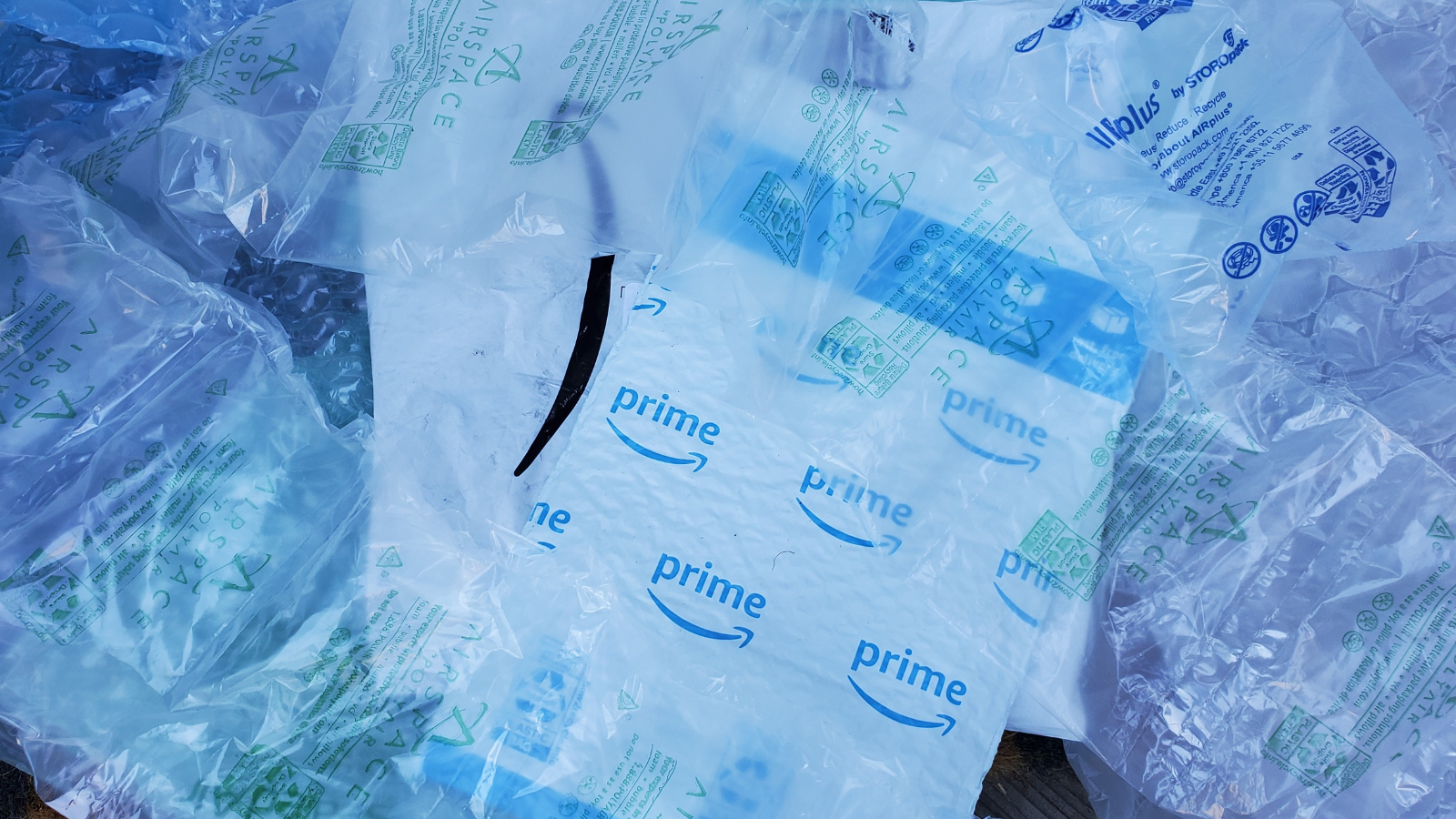
Tell Amazon: It’s time to move beyond single-use plastic packaging
Tell Amazon: It's time to move beyond single-use plastic packaging
Topics
Authors
Celeste Meiffren-Swango
State Director, Environment Oregon
As director of Environment Oregon, Celeste develops and runs campaigns to win real results for Oregon's environment. She has worked on issues ranging from preventing plastic pollution, stopping global warming, defending clean water, and protecting our beautiful places. Celeste's organizing has helped to reduce kids' exposure to lead in drinking water at childcare facilities in Oregon, encourage transportation electrification, ban single-use plastic grocery bags, defend our bedrock environmental laws and more. She is also the author of the children's book, Myrtle the Turtle, empowering kids to prevent plastic pollution. Celeste lives in Portland, Ore., with her husband and two daughters, where they frequently enjoy the bounty of Oregon's natural beauty.
Charlie Fisher
State Director, OSPIRG
Charlie directs OSPIRG's campaigns to rein in the cost of health care, get big money out of politics and stand up for consumers. In a previous advocacy role with Environment Oregon, Charlie was part of successful efforts to increase Oregon's clean energy commitments and get the state off coal. Charlie's work has earned coverage in the Oregonian and other local and regional news outlets around Oregon. Charlie lives in Portland, Ore., where he enjoys bike rides along the Springwater Corridor and the city's local music and food scenes.
Find Out More
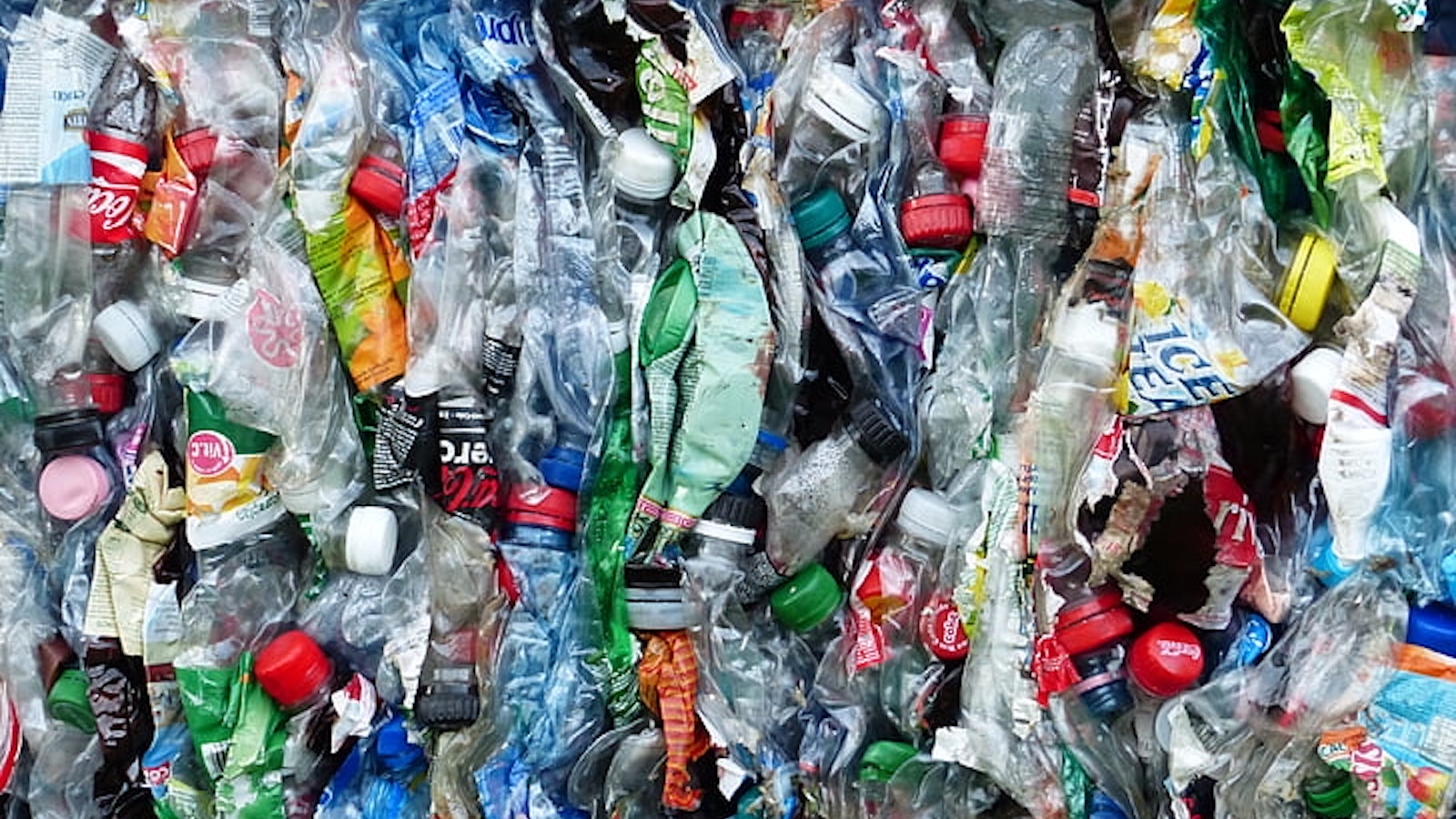
Can we fix plastic recycling?
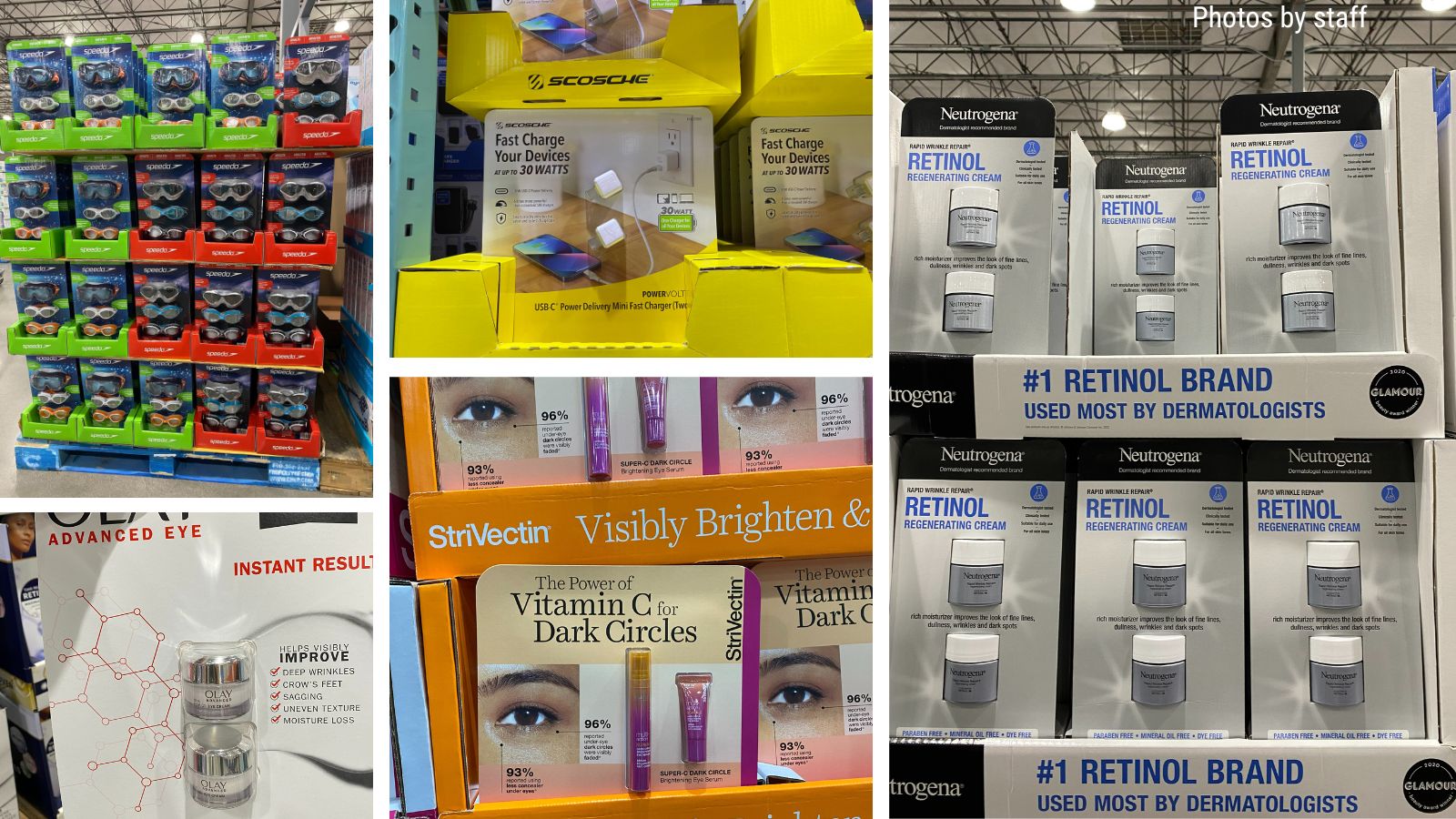
Costco should stop supersizing wasteful packaging

Ditch plastic packaging: Shop at your local refillery
